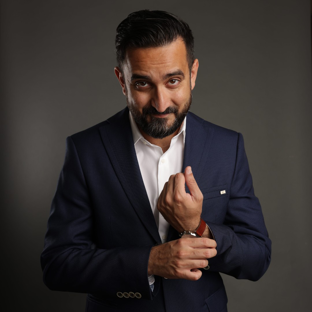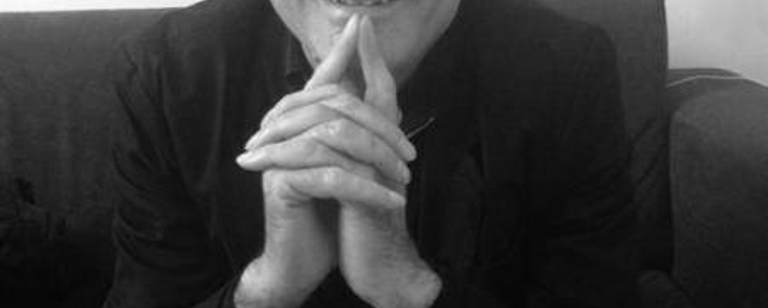Mammad Aidani left Iran soon after the 1979 February Revolution. He has never been able to return home and has been living in exile ever since.
Aidani is an acclaimed poet and playwright, as well as a distinguished academic. His research is concerned with Middle Eastern people, especially Iranians, who have experienced violence or torture and who have resettled in the West. ‘We all wait,’ he has written. ‘Yes, the oppressed men and women always fight and wait for that bright future on the horizon.’
In conversation with Sami Shah, Aidani will discuss censorship, creativity and isolation. How does Australian life affect Aidani’s perspective of Iran? And how has early estrangement from his home affected his character, career and world view?
Presented in partnership with PEN Melbourne.
Featuring

Mammad Aidani
Mammad Aidani is a human rights advocate, acclaimed poet, playwright, theatre director, and distinguished psychosocial researcher investigating the violence, torture and trauma experienced by Iranians and Middle Eastern immigrants, refugees and asylum seekers who have resettled in Australia and the West.
Mammad has been part of the international art project, Heartbreak, at this years’ Venice Biennale, and his play In The Mirror will be restaged at La Mama theatre in 2020. He is currently working on a theatre project with a group of Iranian asylum seekers and refugees called Forough and Us, in which they reflect on the fearless personality and the unique and challenging poetry of the most significant Iranian female poet Forough Farrokhzad (1934–1967). He has not been able to return to Iran over the last 40 years. Mammad’s writings have been banned and are not published in Iran.
Mammad was part of the list of invitees to contribute at La Mama theatre’s 50th anniversary in 2016. As part of his contribution to this event, he directed vignettes from his new play In-Waiting, written in Persian, and the play An Idiot Amongst Us, which was first produced at La Mama in 1996.
Mammad has been living in exile from his native country, Iran, since 1979. He left Iran several months after the collapse of the Shah’s dictatorial regime. As a young activist against the Shah, dreaming of living in a new, free, open and democratic Iran, he quickly became deeply disheartened and disturbed by the rapid rise of Islamic fundamentalism, and the extremely violent and dangerous situation in which he found himself. Becoming the subject of harassment and threats because of his strong views and criticism of the new regime, and fearing for his life, Mammad decided to leave Iran.

